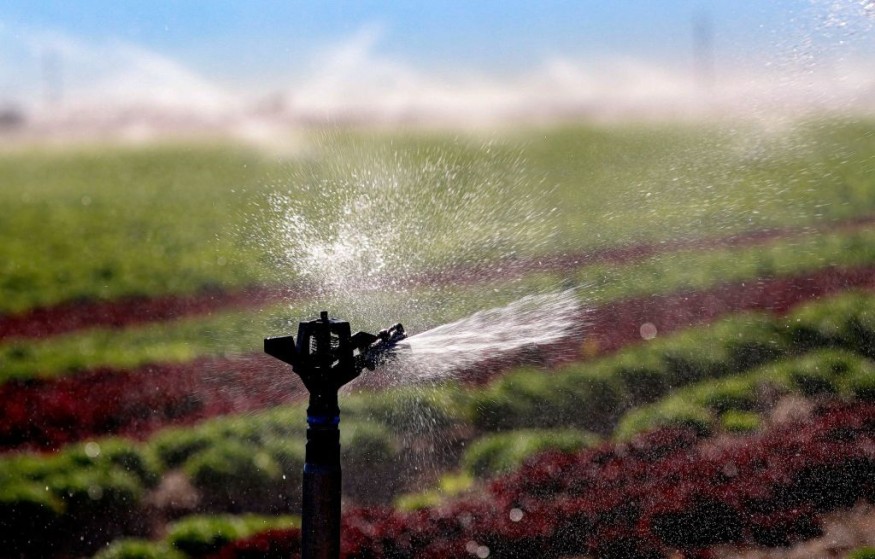
Colorado and the western United States could experience extreme droughts every six years by the end of this century if global temperatures continue to rise.
Researchers linked these worsening drought conditions to climate change, emphasizing the need for immediate action to reduce greenhouse gas emissions.
Historically, severe droughts like the one that gripped the region between 2020 and 2022 occurred less than once every 1,000 years. However, warmer temperatures have altered this pattern, intensifying drought severity and frequency.
Joel Lisonbee, a scientist at the University of Colorado Boulder, explained that future droughts will be longer, more widespread, and harsher, said The Denver Post.
The 2020-2022 drought showcased the devastating effects of climate change on the West. Researchers found that higher temperatures accounted for 61% of the drought's severity, while reduced precipitation made up the remaining 39%.
These dry conditions fueled Colorado's three largest wildfires on record, burning over 541,000 acres and leaving behind environmental damage, including mudslides that blocked Interstate 70 and caused deadly flash floods.
Wildfires, Air Quality, and the Urgent Need for Climate Action
Boulder County's Marshall Fire in December 2021, the most destructive wildfire in Colorado history, highlighted the year-round risks. Smoke from fires across the West also worsened air quality, with some days ranking among the worst globally for the Front Range.
According to a study published in Science Advances, as the atmosphere warms, it holds more water vapor, leading to increased evaporation and decreased precipitation. This feedback loop exacerbates drought conditions, making traditional solutions like building reservoirs insufficient.
"The only way to prevent this is to stop temperature increases, which means reducing greenhouse gas emissions," said Rong Fu, a UCLA atmospheric sciences professor and lead author of the study.
During the 2020 drought, every Colorado county experienced severe conditions, prompting Governor Jared Polis to declare an emergency for 21 counties on the Western Slope. Experts warn that without decisive action, Colorado's water resources, agriculture, and communities will face ongoing challenges from intensifying droughts.
© 2025 NatureWorldNews.com All rights reserved. Do not reproduce without permission.





